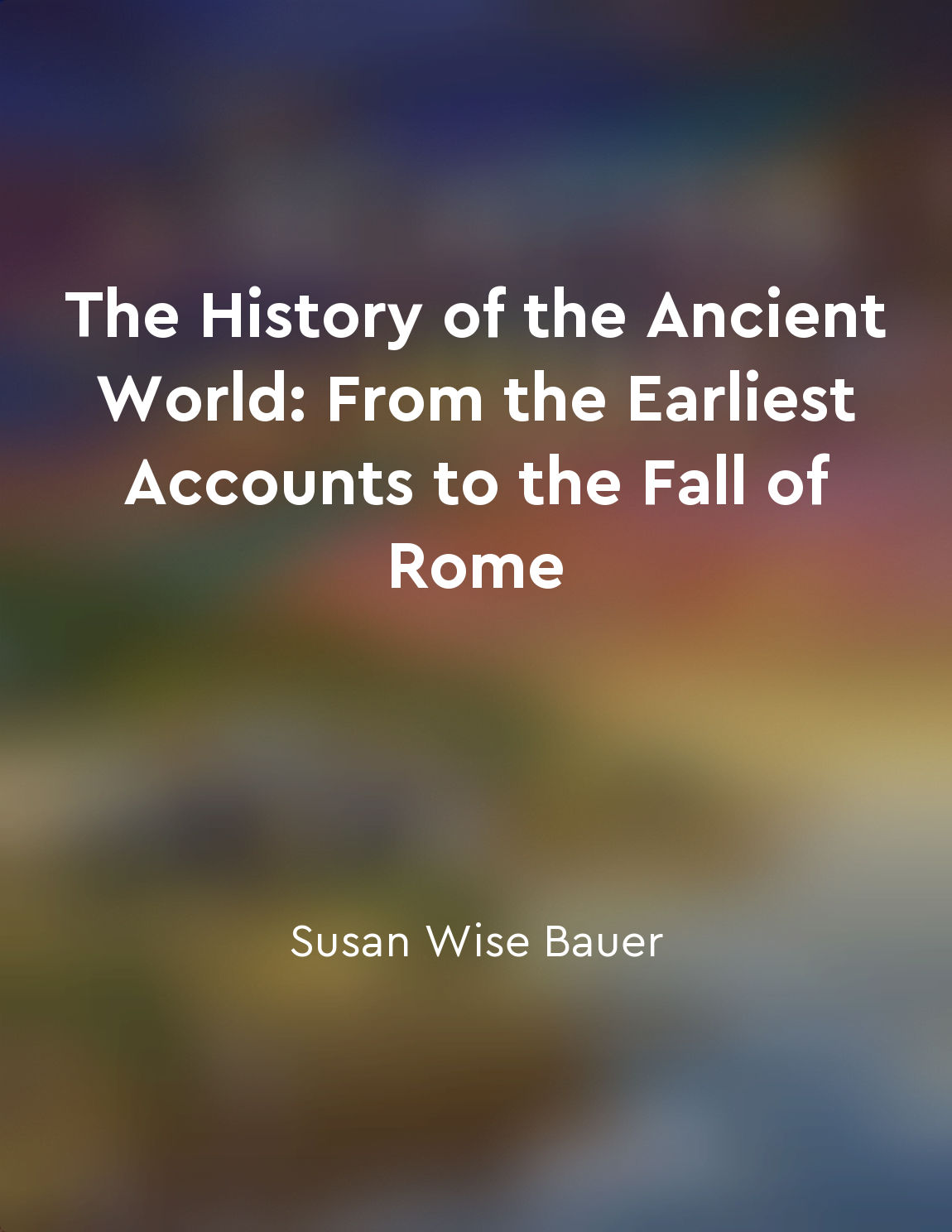The Parthenon is a symbol of Greek achievement from "summary" of The Greeks by Paul Cartledge
The Parthenon, standing atop the Acropolis in Athens, is a testament to the artistic and architectural prowess of the ancient Greeks. It is a symbol of their intellectual and cultural achievements, representing the peak of their civilization. Built in the 5th century BCE, the Parthenon was dedicated to the goddess Athena, the patron deity of Athens. Its construction was a monumental undertaking, requiring the work of countless skilled craftsmen and artisans. The temple's design, with its impressive columns and intricate friezes, reflects the Greeks' commitment to beauty and harmony in architecture. The Parthenon also served as a symbol of Greek dem...Similar Posts
The rise of the Roman Empire overshadowed Greece's influence in the ancient world
The ascendancy of Rome marked a turning point in the history of the ancient world, bringing with it a shift in power dynamics t...
Greek mathematics and science laid the foundation for modern knowledge
Greek mathematics and science have held a place of honor in the history of human thought. We owe to the Greeks the beginning of...

Examine the emergence of new economic systems in the Middle Ages
During the Middle Ages, economic systems began to shift and evolve in response to changing social, political, and technological...

Investigate the influence of Roman law on modern legal systems
The influence of Roman law on modern legal systems is a topic of significant interest and importance in the study of legal hist...
The trial of Socrates continues to be a touchstone for discussions on ethics and governance
The trial of Socrates has been the subject of intense scrutiny and debate for centuries. It has served as a touchstone for disc...
